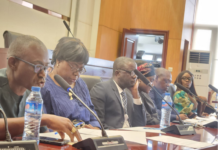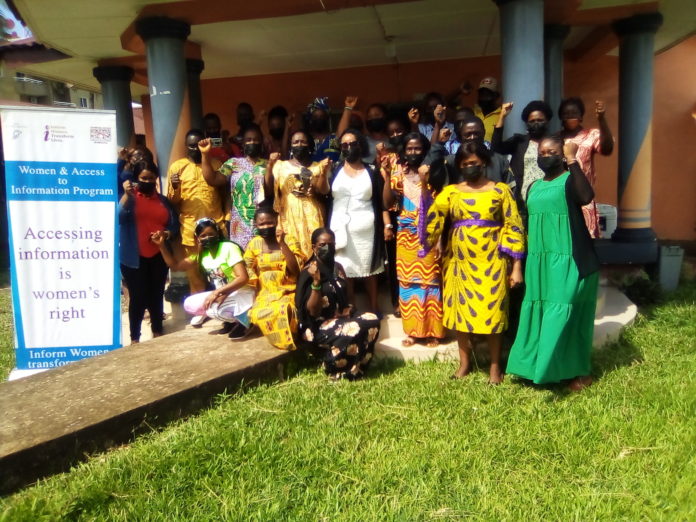The Women Non-Governemental Organizations Secretariat of Liberia(WONGOSOL)is calling on the Legislature to pass the new drug law to curtail drug abuse in the society.
According to the Executive Director of WONGOSOL, Esther Davis Yango, drug abuse is alarming among Liberian Children and if the amendment of the drug law is pass, it will prevent the abusiveness of drug in the country.
Madam Yango made the remarks Monday when the organization held a one day refresher training to enhance the Freedom of Information awareness on internal review and appeal process to enlighting Liberian Women in several communities.
She noted drug abuse is affecting every household across the nation and the amended law will ensure that offenders are punished.
She told Liberia Public Radio that Liberian Women have been victims of drug abuse indirectly as more of their children have been affected with drug abuse across the country.
Madam Yango stressed that Liberian Women should come together to ensure that more women are elected in the pending general and presidential elections in 2023.
She acknowleged that the number of women in the current Legislature are not enough to champion issues affecting women and children around the nation.
According to her, legislative matter requires numbers and when more women elected in the Legislature, it will go a long way to transform situation affecting women.
Madam Yango maintianed that information is powerful and creating awareness on the Freedom of Information Law will empower Liberian women despite their status in the society.
The training which is sponsored by the Carter Center brought together participants from Johnsonville, Bernard Farm, Rock Hill, New Georgia Estate, Kpo-River, Logan Town, S.D. Cooper Road and Gobachop Market communities.
It can be recalled that in 2014, the Carter Center in collaboration with WONGOSOL, MICATand MGCSP carried a study in five counties which were Bomi, Nimba, Grand Gedeh, Lofa and Montserrado concerning FOI law.
The study identified numerous challenges such as illitercy, fear,lack of funds, culture, religious and traditional practices, unawareness of the FOI law and its procedure which women encounted in the execrise of their rights to access information.
It was determined that if these challenges are addressed, women would be able to accrss information that would help improve their understanding on government activities and i their livelihoods.























